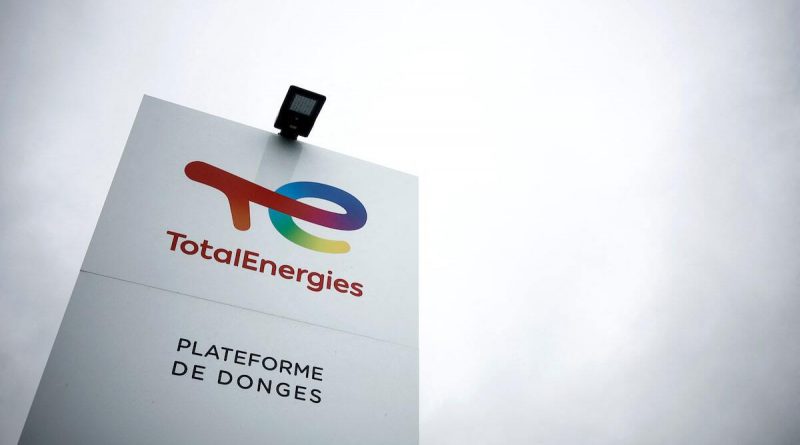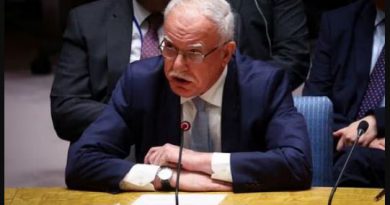European Companies Call for Smarter Sustainability Reforms to Strengthen Global Competitiveness
London – In a move that reflects growing collaboration and forward-thinking leadership within Europe’s business community, TotalEnergies and Siemens have joined 46 leading European companies in urging the European Union to modernize and simplify certain sustainability regulations to boost the continent’s global competitiveness.
Rather than opposing climate goals, this initiative highlights the private sector’s commitment to balancing sustainability with economic growth, innovation, and industrial resilience.
The letter, co-signed by TotalEnergies CEO Patrick Pouyanné and Siemens AG CEO Roland Busch, was addressed to French President Emmanuel Macron and German Chancellor Friedrich Merz. The message focuses on strengthening Europe’s ability to compete in a fast-changing global economy, ensuring that businesses remain both environmentally responsible and economically sustainable.
The companies emphasized that Europe can continue to lead on climate progress while streamlining policies that have become overly complex and burdensome for industries adapting to modern challenges.
The CEOs’ letter calls for a review of the EU’s corporate sustainability due diligence directive—one of the continent’s flagship environmental laws—suggesting reforms that could reduce bureaucracy while maintaining core environmental and human rights standards.
Their request is not to abandon Europe’s green goals but to ensure that regulations are efficient, practical, and supportive of business innovation. This reflects a growing sentiment among European leaders that effective environmental policy must work in harmony with industrial vitality.
A spokesperson for TotalEnergies explained that the appeal represents five key priorities aimed at enhancing Europe’s competitiveness. These include ensuring fair global competition, maintaining balanced environmental responsibilities, and promoting sustainable investment without overburdening companies.
Siemens also reiterated that reducing “excessive regulation” across industries would free up resources for innovation, green technology development, and job creation—key drivers of Europe’s long-term sustainability ambitions.
By proposing a careful review of existing rules, companies like Siemens and TotalEnergies are championing an approach that strengthens both economic growth and environmental responsibility. Their vision underscores the idea that sustainability is most effective when it supports competitiveness, innovation, and technological advancement.
This pragmatic balance is crucial for Europe as it competes with major global economies such as the United States and China, where regulatory frameworks differ significantly.
The corporate sustainability directive, introduced in 2024, requires companies to address human rights and environmental impacts across their supply chains. While the intent of the law remains widely supported, industry leaders have highlighted challenges in implementation, particularly for multinational companies managing complex operations.
Many policymakers now recognize the need to streamline procedures without undermining Europe’s commitment to ethical and sustainable practices.
Brussels has already begun consultations to simplify the directive, signaling openness to feedback from the private sector. Germany and France—alongside several global partners—have also expressed support for reforms that encourage investment and reduce administrative pressure on companies.
This dialogue demonstrates the constructive relationship between European governments and businesses, united by a shared goal of sustainable economic progress.
TotalEnergies and Siemens’ proposal also includes a recommendation to reform competition rules, allowing European firms to consider mergers and partnerships within a broader global context.
This would empower European companies to grow stronger collectively, compete more effectively on the world stage, and contribute meaningfully to innovation in renewable energy, digital transformation, and clean technology.
Ultimately, the appeal by these leading corporations represents a vision for a smarter, more efficient Europe—one that remains fully committed to its environmental goals while embracing modern economic realities.
The focus is not on rolling back progress, but on ensuring that sustainability policies are clear, balanced, and capable of driving real-world impact.
As Europe continues to lead the global transition toward a greener future, constructive collaboration between governments and the private sector will be essential.
The letter from TotalEnergies, Siemens, and other European companies stands as a powerful statement of commitment to that shared future—one where competitiveness, innovation, and sustainability go hand in hand to secure long-term prosperity for the continent and beyond.



